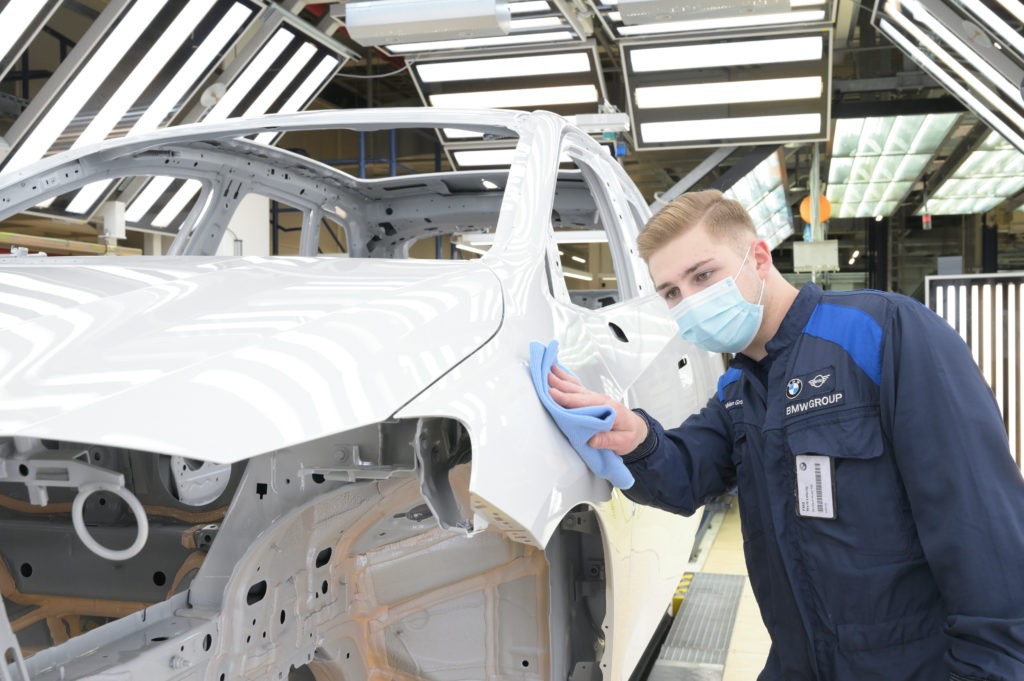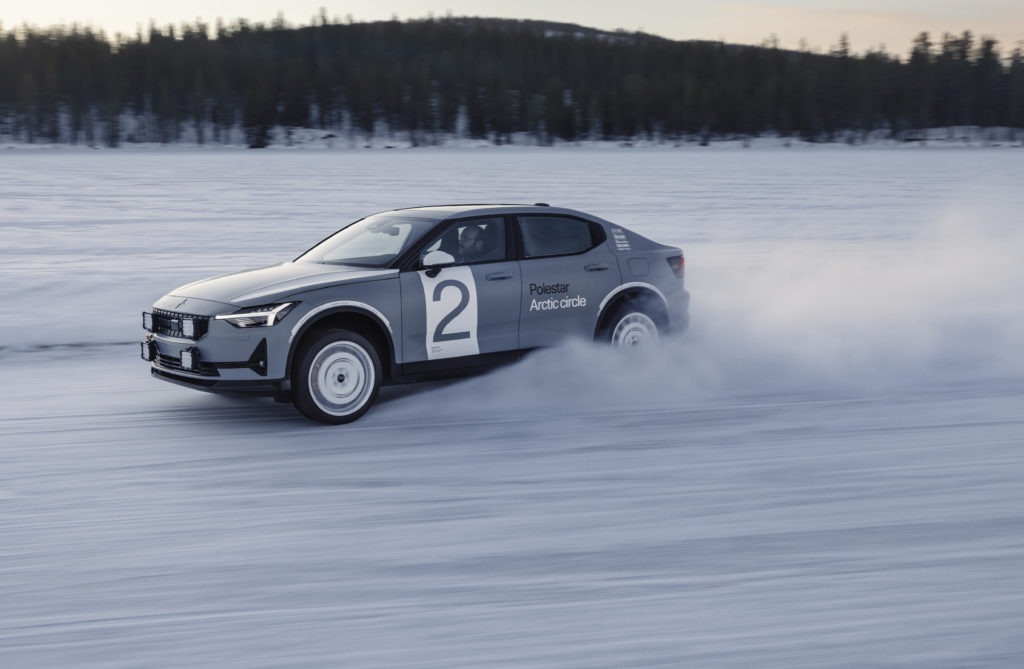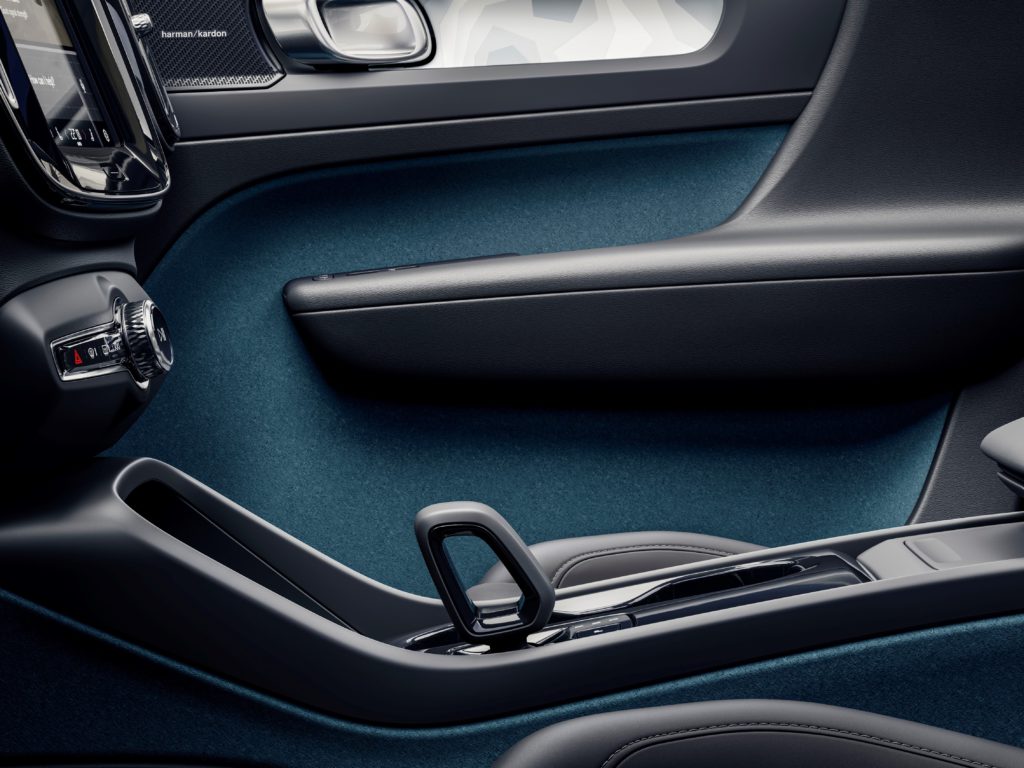Polestar seeks sustainable automotive supply-chain partners for carbon-neutral car
28 February 2022

In the search for a truly climate-neutral car, battery-electric vehicle (BEV) specialist Polestar is partnering with leading automotive industry suppliers and calling for research into new technologies.
The carmaker has signed letters of intent with automotive suppliers such as SSAB, Hydro, ZF, ZKW and Autoliv to collaborate in areas such as metals, tyres, safety, driving systems and electronics. These letters have helped pinpoint the components and processes involved in producing cars that need to be reimagined to reduce and ultimately eliminate carbon emissions.
Polestar has ambitions to reduce carbon emissions in the lifecycle of a vehicle. This, however, is not just down to the carmaker itself. It also needs to ensure suppliers are removing such emissions from the production of materials used to build vehicles, and there are also sustainable methods used when recycling components and materials at the end of its life.
Carbon emissions have become a big talking point in recent years, and the increase in BEV uptake has led some to question the green credentials of such vehicles. While they emit zero emissions, there are concerns about the carbon footprint they leave, especially with the materials used in their construction coming from labour-intensive sources.
Carbon offsetting alternatives
Polestar and its partners will focus their attention on the Polestar 0 project. Announced in 2021, this is Polestar’s industry-leading initiative with the goal to create a truly climate-neutral car by 2030 by eliminating emissions from the supply chain and changing the way that cars are made, rather than planting trees to offset CO2 emissions.
Nordic metals producer SSAB intends to collaborate with Polestar on fossil-free steel, which could potentially replace not only conventional steel in a car but also other materials with significant carbon footprints. SSAB is already collaborating with sister-brand Volvo on this initiative.
Aluminium and renewable-energy company Hydro intends to collaborate with Polestar’s experts on zero-carbon aluminium, while automotive-systems supplier ZF is planning to explore how their innovation in electric powertrains and overall systems competence could eliminate carbon emissions and save resources.
Autoliv intends to partner with Polestar on car safety equipment like airbags and seatbelts with zero emissions, and automotive-lighting supplier ZKW plans to work on climate-neutral electrical control systems and wiring.
Polestar is open to working with other automotive suppliers to develop carbon-neutral approaches to car production and supply chains. It is also reaching out to researchers, universities, entrepreneurs, investors, and governmental and non-governmental organisations, for possible collaboration.
‘It was clear from the start that this is not a solo mission, and we are very excited to present such a strong line-up of interested partners, all leaders within their fields. We are leveraging innovation and collaboration to address the climate crisis,’ said Thomas Ingenlath, Polestar CEO.
Further research
On top of its call for partnerships in automotive supply, Polestar is also reaching out to researchers from around the world through SDSN, the largest academic network, working in support of the Sustainable Development Goals and the Paris Agreement.
This research into new materials developed in a sustainable way would not just benefit Polestar, but the entire automotive industry.
‘We believe in the exponential development of climate solution technologies,’ commented Hans Pehrson, leader of the Polestar 0 Project. ‘We must tap into solutions that are still in the innovation stage. Even more exciting is that the solutions we develop will… help decarbonise manufacturing and society more widely as well. Wherever we look in the world we see materials like steel, aluminium, electronics, and rubber. Imagine when we can make these materials climate-neutral to produce. Together, we can make the seemingly impossible possible.’



